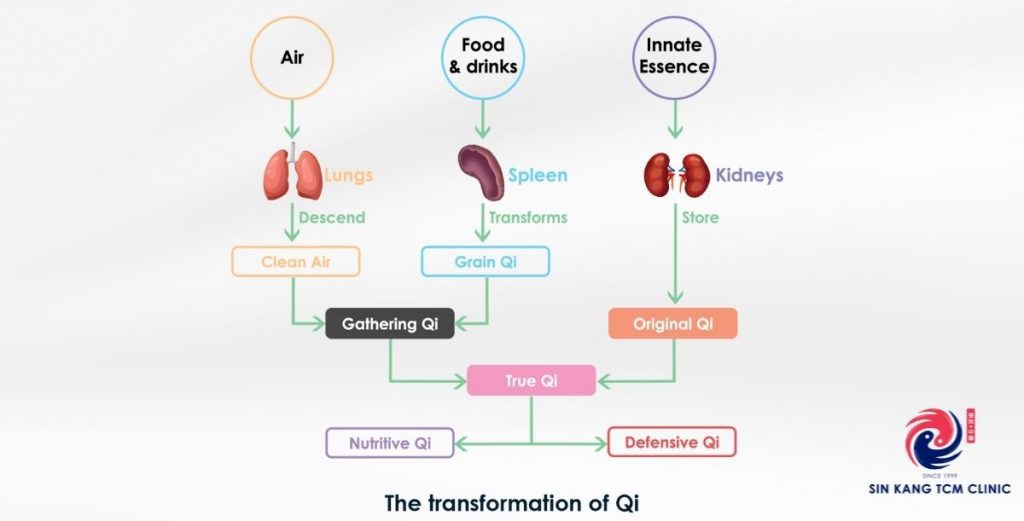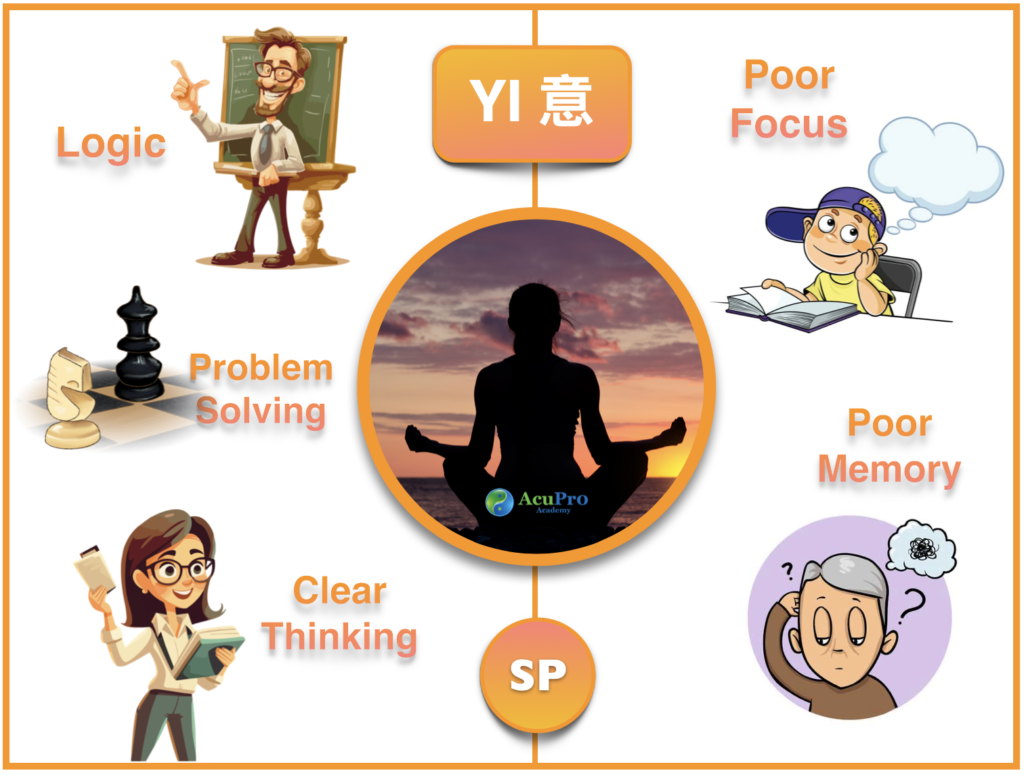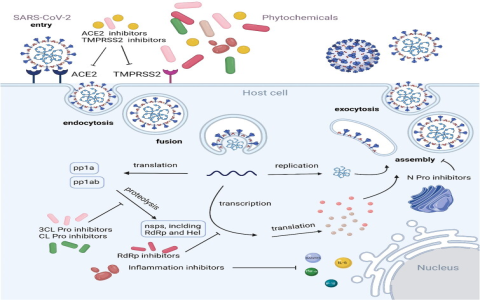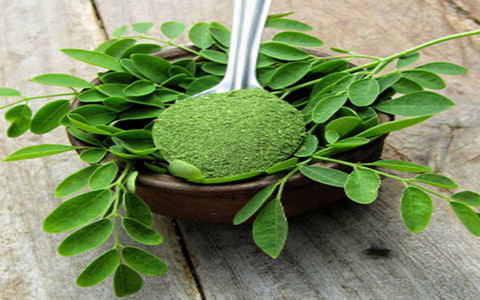Alright, so I’ve been meaning to share this for a while. It’s about my little adventure with something called Yi Guan Jian. You know how sometimes you just hit a wall with modern stuff, and you start looking around, wondering if those old-timers knew a thing or two? That was me, a while back.
My Starting Point: Feeling Off
For months, maybe even longer, I just wasn’t feeling right. Not sick-sick, you know? Just… dry. Like my throat was always a bit scratchy, my skin felt tight, and I was weirdly thirsty all the time but drinking water didn’t quite cut it. Plus, I had this annoying, dull ache in my stomach area, especially when I got stressed. My sleep was a bit rubbish too. I went to the usual docs, got the usual “hmm, try to relax more, eat well” spiel. Helpful, right?
Stumbling Upon Yi Guan Jian
I started digging around online, talking to folks, and someone mentioned traditional Chinese medicine. I was skeptical, to be honest. Seemed like a lot of hocus pocus. But then, a friend, who’s really into this stuff, told me about Yi Guan Jian. He said it was for people who were “yin deficient” – which, in my very basic understanding, kind of matched up with my ‘dry and bothered’ state. The name itself sounded pretty serious, “Linking Decoction” or something like that. I figured, what have I got to lose? The other stuff wasn’t really getting me anywhere.
The Process: Getting and Taking It
So, the first step was finding a decent TCM practitioner. Didn’t want to just buy some random herbs off the internet. Found a guy who seemed to know his stuff. He asked a million questions, looked at my tongue (weird, I know), took my pulse, and then nodded. “Ah, yes,” he said, “Yi Guan Jian could be good for you.”

He wrote down the formula. It’s a mix of several herbs:
- Glehnia root (Bei Sha Shen)
- Ophiopogon root (Mai Men Dong)
- Rehmannia root (Sheng Di Huang)
- Lycium fruit (Gou Qi Zi) – yeah, goji berries!
- Angelica sinensis root (Dang Gui)
- Toosendan fruit (Chuan Lian Zi)
Getting the herbs was an experience in itself. Went to a traditional pharmacy, the kind that smells like a forest floor. They weighed everything out precisely. Then came the ‘fun’ part: brewing it. You gotta boil these things for a while. My kitchen smelled… interesting. Not bad, just very, very earthy. And you have to do it regularly. It’s not like popping a pill, that’s for sure. It takes commitment.
What I Noticed: The Slow Burn
I started drinking this concoction. The taste? Well, let’s just say it’s an acquired one. Bitter, a bit sweet, complex. Not something you’d drink for pleasure initially.
First week: Honestly, not much. Maybe a tiny bit less thirsty. I was still skeptical. Kept thinking, “Am I just wasting my time and money on this smelly brew?”

Second and third week: This is where I started to notice subtle changes. That constant scratchy feeling in my throat? It began to ease up. I also felt like my stomach wasn’t as tender or bloated, especially after meals. It wasn’t a dramatic “aha!” moment, more like a slow, creeping improvement. My sleep seemed to get a little deeper too.
After a month: The dryness was definitely better. My skin didn’t feel like a desert anymore. And that weird, persistent thirst had mostly gone. The stomach discomfort had reduced quite a bit. I also felt a bit more… settled? Less frazzled. It’s hard to describe. It wasn’t like a jolt of energy, but more like my baseline had improved.
My Takeaway: It’s Not Magic, It’s a Process
So, did Yi Guan Jian “cure” me? I don’t think it’s about a magic bullet. For me, it seemed to gently nudge my system back into a better balance. It addressed those specific issues of dryness and that gnawing feeling, which was exactly what I was hoping for. It wasn’t a quick fix. It took patience and consistency, brewing that tea day in, day out.
I learned that these traditional things aren’t always about instant results. It’s a different approach. For my particular set of grumbles, Yi Guan Jian seemed to fit the bill. It’s not something I’d just recommend to anyone for any problem, obviously. You really need to see if it matches your specific situation, preferably with someone who knows what they’re doing. But for me, this particular practice, this experiment? Yeah, it was a worthwhile one. It made me a bit less of a skeptic, at least about this one specific formula when used for the right reasons.



